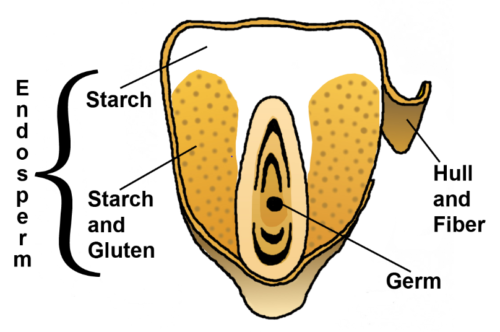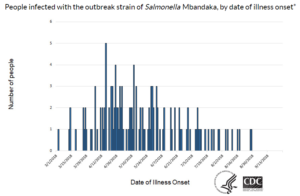Selling bakery products in China: Chocolate!
This is from one of those daily newsletters I get about what’s happening in the food industry. This one covers baked goods, snacks, and candy. And this particular collection of articles deals with chocolate as an instrument of international trade policy.
Chocolate’s use in bakery is a booming business in China: Once perceived as an exotic delicacy – bought only as a luxury gift or an extravagant treat – the Chinese consumers’ taste for chocolate is growing and the ingredient is quickly cementing a niche for itself in bakery. Read more
- Penchant for Western products supports China’s bakery boom, says analyst: China’s bakery sector is a thunderous market, spurred on by consumers who have a great desire to develop their knowledge of Western products. Read more
- ‘Even a niche in China is lucrative’: Rich Products Corporation: China is set to become one of the most attractive cereals and bakery markets worldwide, with the bakery sector reaching $47bn by 2020 as more people chose to eat snacks on the go. Read more
- Be it baguette or mooncake: China’s dynamic bakery market shows no signs of slow-down: Chinese appetites for bakery products continues to grow unabated, despite a market saturated with Asian brands and a continued upswing in foreign offerings. Read more
- China to familiarize Western market with ‘pinyin’ baked treats: China’s diverse bakery industry – encompassing bakers of traditional ‘pinyin’ (literally translated as ‘Chinese style cakes and snacks’) and producers of modern items like croissants and waffles – is growing at a rate that far exceeds most other segments. Read more
I can’t help thinking about all those calories in chocolate-laden baked goods, and their effects on Chinese waistlines….



 The Food Safety and Modernization Act set rules governing the safe production of foods. Clearly, some companies, this one apparently, did not bother to follow them.
The Food Safety and Modernization Act set rules governing the safe production of foods. Clearly, some companies, this one apparently, did not bother to follow them.
